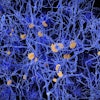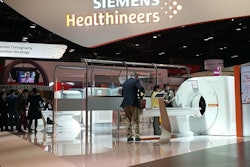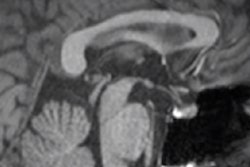Tuesday, November 28 | 11:20 a.m.-11:30 a.m. | RC315-14 | Arie Crown Theater
A deep-learning method using multiparametric breast MRI improves automated detection and characterization of breast lesions, according to research being presented at this Tuesday morning session.A team led by Michael Jacobs, PhD, of Johns Hopkins University developed a deep-learning algorithm for segmenting and classifying breast tissue into different tissue types, using data from multiparametric breast MRI exams performed in 130 patients. The group divided these patients into two cohorts, balancing benign and malignant cases, and then evaluated the algorithm's performance.
The algorithm accurately classified tissue from both clinical breast MRI and synthesized data. In fact, for the synthetic data, the tool's performance resulted in 99.7% accuracy, according to Jacobs and colleagues.
The study findings suggest that deep learning can help develop precision medicine in radiology, the researchers noted.
"Integration of advanced machine learning ... to assist radiologists in the interpretative tasks provides the foundation for modeling of clinical and radiological variables, and thus facilitates development of radiological precision medicine," they concluded.



.fFmgij6Hin.png?auto=compress%2Cformat&fit=crop&h=100&q=70&w=100)





.fFmgij6Hin.png?auto=compress%2Cformat&fit=crop&h=167&q=70&w=250)











